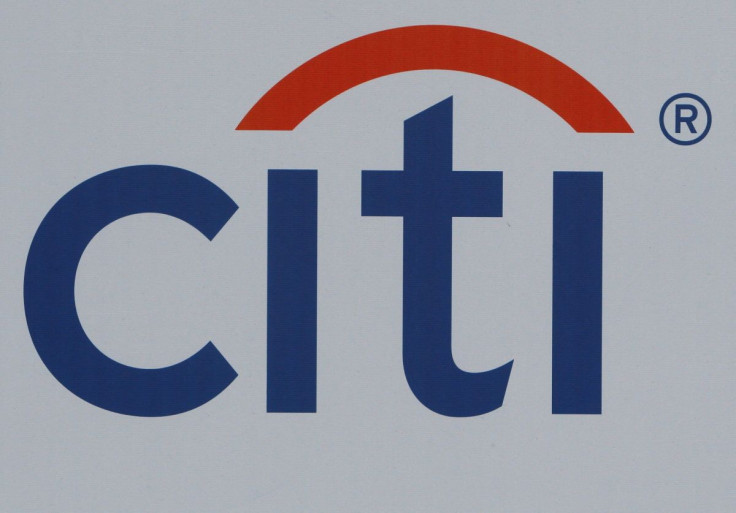Exclusive-Citi To Overhaul London Trading Team Linked To 'Flash Crash' -sources

Citigroup is overhauling the leadership of one of the teams linked to a 'flash crash' that sent European stock markets tumbling this month, three sources told Reuters.
Citi is looking to name a new Head of Forward Trading in its Delta One operations based at its European headquarters in London, a job vacancy posted on professional networking site LinkedIn shows.
Ali Omari, who was EMEA Head of Delta One Forwards and Sectors, has left the U.S. bank in a decision unrelated to the event, two people with knowledge of his departure, who declined to be named, said.
Omari told Reuters on Tuesday that he was not at work for three weeks prior to the May 2 flash crash, and only returned to the office on May 3 to tender his resignation from the bank before taking up another opportunity.
Two of the three sources familiar with the matter said the bank's Delta One trading activities was linked to, although not responsible for, the data input blunder that caused the pan-European STOXX 600 equity benchmark to fall by more than 2 percentage points in around two minutes of trading.
Citi has previously confirmed that one of its employees was behind the error that led to the market fall on May 2, but has not given details on which teams played a role.
A spokesperson for Citi declined to comment on the nature and timing of the hiring plans in its Delta One operations.
So-called Delta One desks sell structured financial products to sophisticated investors including pension funds, hedge funds and blue chip corporate clients.
News of the changes in the trading unit comes as Citi is pursuing a root-and-branch revamp of its risk management and controls systems.
Citi is still subject to at least two consent orders by U.S. regulators related to its internal controls after the United States' Office of the Comptroller of the Currency (OCC) lifted a 10-year-old order in late April.
© Copyright Thomson Reuters {{Year}}. All rights reserved.





















